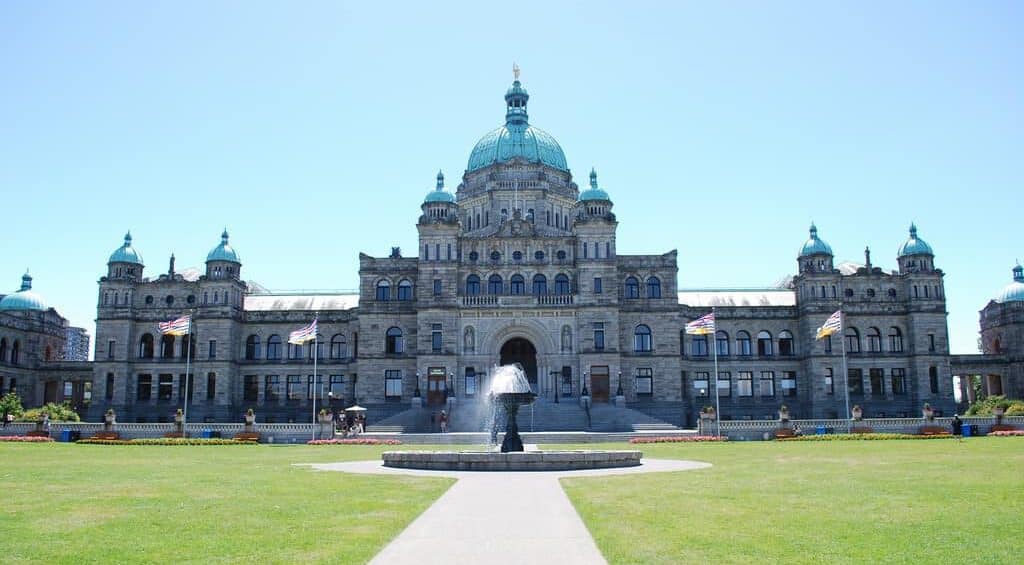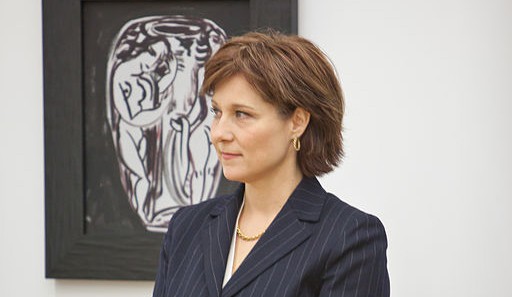Whatever Voting Systems Wins, BC Needs to Make Politicians More Accountable
As long as parties tightly control elected members, democracy is thwarted.
As you consider how to vote in British Columbia’s electoral reform referendum, don’t assume that either keeping the way we elect politicians in B.C., or changing it, will guarantee a more responsive government. Dec. 1, 2018, the day after ballots are due, should be the beginning of a wider conversation about how to make this province more democratic.
It starts with politicians being truly accountable to their constituents.
What most people are yearning for is not merely a fairer distribution of seats in our legislature. People want to feel that whoever they elect will stand up for them and defend their interests. Currently, my elected representative is supposed to act for me and my neighbours as laws are debated, since we can’t all show up every day in Ottawa or Victoria or at city hall to give a thumbs up or down to important decisions.
But as we all know, that seldom happens. Party interests generally override constituents’ interests, and party policy is largely decided by the party leader and his or her inner circle.
Between elections, citizens are left out of this process and subjected to partisan, “party first” rhetoric by elected leaders. While vigorous debate is part of a healthy democracy, the finger-pointing, personal attacks and “my team good, your team bad” nature of our politics is alienating voters.
Simply reshuffling the chairs won’t fix the problem if we leave in place numerous ways party leaders control their MLAs. These include party fundraising rules, the absence of independent staff on legislative committees, impossible recall thresholds, and the party leader’s role in nomination races. The most powerful weapon party leaders wield is called whipping.
It is extremely rare in this province for MLAs to vote independently from their party. That’s because they face punishment if they do. As former investigative journalist Sean Holman pointed out in his must-see documentary “Whipped,” the secretive party-discipline rules that “whip” votes along party lines have transformed Canadian politicians into “trained seals” following their leader.
One former MLA told me how his party changed his password to deny him access to the internal party member and donor database in the lead-up to an election as punishment for not towing the party line.
The controversy surrounding the recent leaked NDP “gag order” that would prevent NDP caucus members “from publicly criticizing the decisions of Premier John Horgan’s government” just codifies decades-old informal rules for most parties. The Green party claims not to whip votes, but the voting records of their three-person caucus are virtually identical. We’ll see if their “no-whipping” policy survives an expanded Green party caucus.
Whipping insures legislators stick within their parties rather than work across the aisle with other members to solve problems jointly. Might PR systems increase the likelihood of minority governments, forcing parties to work together? Yes. However, all proportional systems proposed in B.C.’s referendum have to top up the number of seats for parties under-represented in the direct vote. How these top-up seats are allocated has a dramatic impact on accountability. The top-up options will be determined by a legislative committee if the referendum passes.
Even if the legislative committee decides not to use party derived “closed” lists, parties can still influence the makeup of top-up lists. As a result, the dictator-like power our Westminster-system gives party leaders over MLAs will persist.
By policing internal challenges to their power, political parties paradoxically erode their authority. When pollsters ask Canadians to rank how much they trust various institutions — governments, industries, professions, charities, non-profits, religious organizations, universities, news organizations — political parties always come out at the bottom of the list.
Globally, people generally trust actual people more than institutions. Polls show young people trust younger people, older trust older, ethnic voters trust ethnic representatives. These trends hold in British Columbia.
It raises a question (perhaps to be decided by some future referendum): If we want to adjust seat counts to ensure they are proportional, perhaps we should recalculate around traits people actually care about — age, gender and ethnicity — not political party. After the Vancouver election resulted in all Asian candidates being defeated despite 45 per cent of the population being Asian, imagine a legislature that is proportionalized to reflect the real ratios of Asians, First Nations or women.
In the meantime, here are some other ways to change B.C.’s legislative process to make politicians more accountable to the people who elected them:
- Develop new rules to allow MLAs more free votes and limit whipping;
- Strengthen the role of constituency associations in choosing candidates and reduce the power of parties and their leaders to exclude candidates;
- Democratize power of MLAs to choose their caucus chairs;
- Empower caucus to review and remove the party leader, and elect interim leader;
- Codify rules for how MLAs can be expelled from and re-admitted to caucus;
- Increase the signature requirements on candidate’s applications — and require candidates to personally witness each signature — in order to force candidates to demonstrate wider local support before election; and
- Enhance resources and financial support for all MLAs, particularly independent MLAs.
Constituents’ ability to recall an unaccountable MLA must also be strengthened. While recalling an MLA should be a difficult task, as a last resort it must be attainable by co-ordinated volunteer effort. Recent reforms to improve disclosure and transparency requirements and ban union and corporate money in recall campaigns are advances. However, the $5,000 third party spending limit and the 60-day timeline make it a mountain too high.
This piece isn’t meant to cool anyone’s desire to cast a vote in the current referendum. Whichever choice wins, however, there is still a lot of work required to get the accountable MLAs and accountable government we need and deserve.
Whatever Voting Systems Wins, BC Needs to Make Politicians More Accountable Read More »

